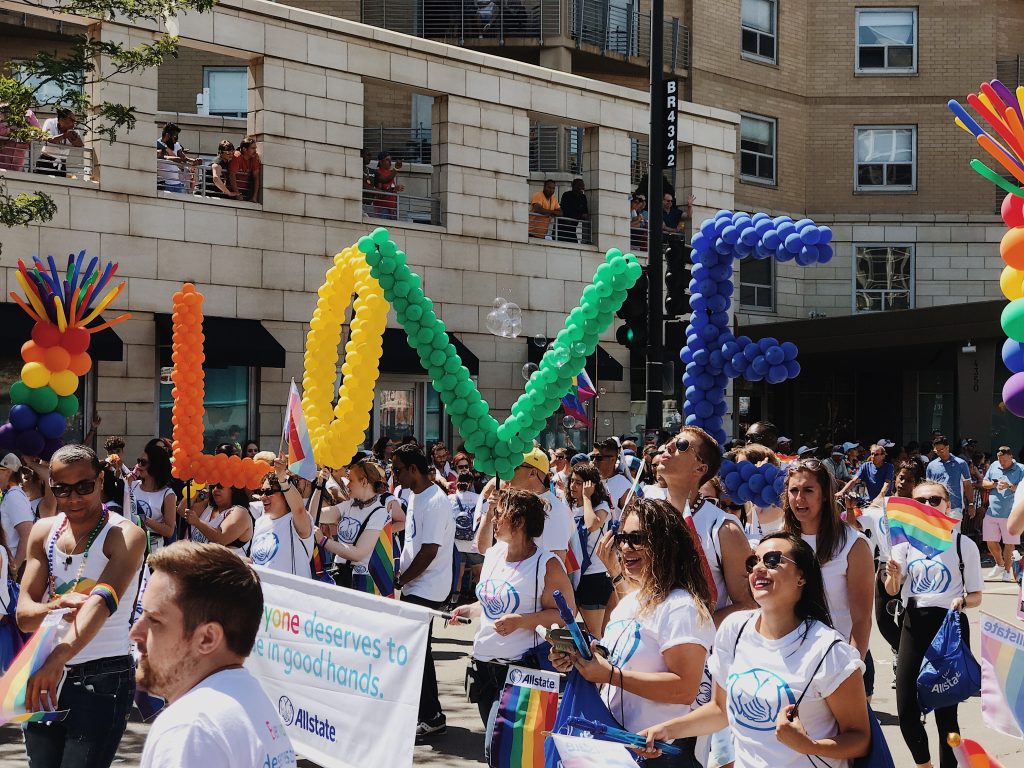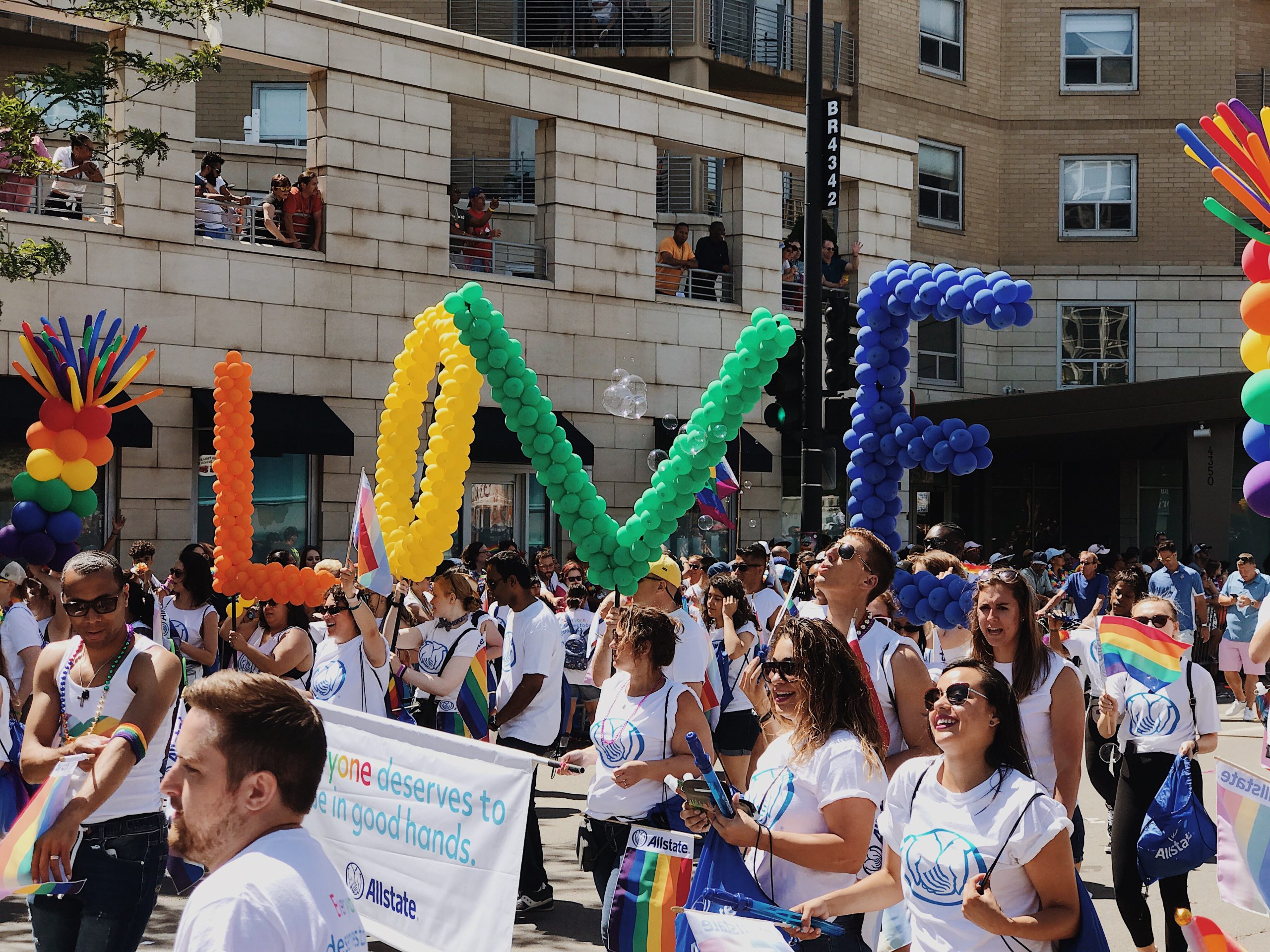
Updated May 27, 2023
FACTS. Judge Vance Day, an Oregon judge, was appointed to the bench in 2011 and, upon appointment agreed to solemnize weddings. Judge Day was re-elected to the bench in 2012. In 2014, Oregon overturned its constitutional ban on same-sex marriages. Shortly thereafter, a judicial clerk and assistant asked Judge Day whether he would perform same-sex marriages because of the judge’s view that marriage was only to occur between one man and one woman. In response to that question, Judge Day created a screening process whereby if he was asked to perform a marriage, his staff was to try to ascertain whether the couple were a same-sex couple. If the couple were a same-sex couple, then the staff was instructed by Judge Day to tell the couple that the judge had a scheduling conflict. If the couple was straight, then the staff could schedule the ceremony. There was only one incident in which the screening took place and a same-sex couple was identified. And on that occasion, Judge Day had a legitimate conflict.
ANALYSIS. Judge Day’s behavior was brought before the Oregon Commission on Judicial Fitness and Disability and he was charged with violating a Judicial Rule of Conduct. Judge Day argued that he had not discriminated against any known parties so he could not be reprimanded. The Commission disagreed, explaining that performance was the low bar for judges and that the additional bar judges must abide by is the appearance of impartiality. Judge Day then contended that because his screening process was internal, the appearance of impartiality was sustained. Wrong. The staff knew what he was doing and so he failed that test.
The Formal Opinion explained 2 of the cardinal rules of judges’ conduct are to (1) perform their duties impartially and (2) not promote or appear to promote favoritism for certain classes or segments of society. To follow these rules, judge must not evince bias based on “race, sex, gender, religion, national origin, ethnicity, disability, age, sexual orientation, marital status, socioeconomic status, or political affiliation.” And this is an in-exhaustive list.
CONCLUSION
A judge who performs marriages for opposite-sex couples cannot refuse to perform marriages for same-sex couples.
The Formal Opinion even hearkened back to Obergefell v. Hodges, explaining that Obergefell is still the law and the Model Rule of Judicial Conduct requires judges to comply with the law. The Formal Opinion did acknowledge the fact that the Obergefell and infamous Masterpiece Cakeshop decisions considered the issue of deep convictions regarding the concept of marriage. BUT, the Formal Opinion, concluded judges are officers of the law beholden to the model rule.
Either marry all or none.

